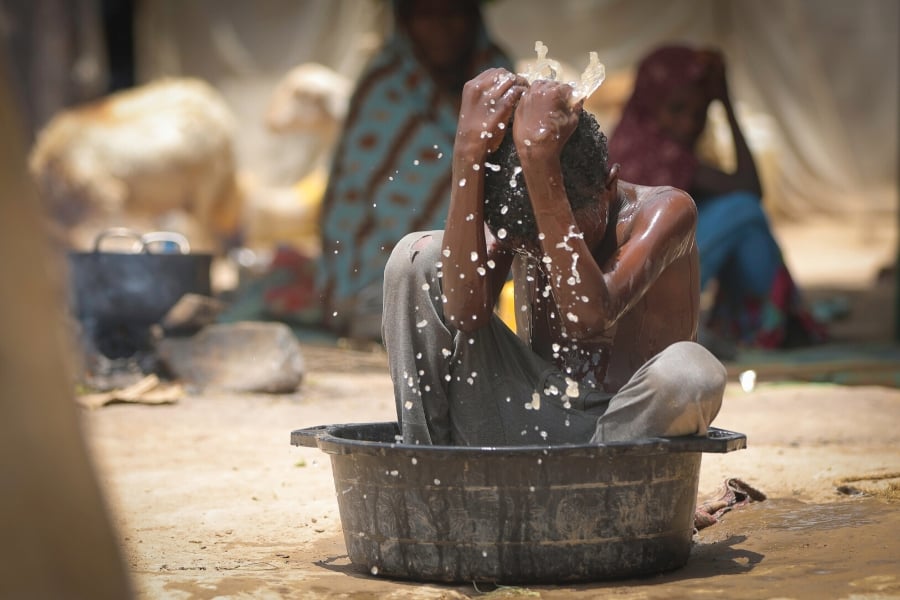


The International Committee of the Red Cross (ICRC) surveyed more than 16,000 millennials in 16 countries, both at peace and at war, late last year. To coincide with this survey, Australian Red Cross asked over 1,000 Australians to share their views on a range of issues relating to war.
The results are both reassuring and alarming.
“Overall they demonstrate that the humanitarian values enshrined in the laws of war, what’s known as international humanitarian law (IHL), are understood and people think they should be protected,” says Yvette Zegenhagen, Head of International Humanitarian Law at Australian Red Cross.
The study found Australians believe war and climate change are the most important issues faced by the world today, while war is seen by global millennials as one of the top five important issues affecting people around the world.
"Our global survey reveals millennials are nervous about their future and see cataclysmic war as a real likelihood in their lifetime. It is very concerning that almost half of all millennials think it’s more likely than not that there will be a third world war in their lifetime."
Ms Zegenhagen says if millennials are right about a third world war in their lifetime, then the laws of war will be essential to limit suffering.
The laws of war, enshrined in the Geneva Conventions, sets out what can and can’t be done during armed conflict. Every day in conflict zones around the world these laws save lives and ease suffering. The laws of war limit the weapons and tactics that can be used, prohibit torture and protect civilians, medical personnel, aid workers, injured soldiers and detainees.
It was heartening that more than three in five Australians believe that the laws of war reduce suffering in armed conflicts, Ms Zegenhagen says.
"The global results show that the majority, 54 percent, of millennials think that the Geneva Conventions reduce suffering in war. Our survey results show that in Australia this belief is even stronger than the global average, with three out of five or 59 percent of Australian millennials believing that the laws of war make a difference and reduce suffering."
But both surveys reveal worrying trends that point to a lack of respect for the basic human values underlying the laws of war.
“It is alarming to find that more Australians believe it is acceptable to torture enemy soldiers than when we asked this question three years ago,” says Ms Zegenhagen.
The ICRC also found 36 percent of millennials believe captured enemy combatants should not be allowed to contact their relatives, a basic right under IHL. For those impacted by conflict, however, the numbers shift dramatically with 85 percent of Syrians saying captured enemy combatants should be allowed to contact their relatives.

"One day soon today’s young people will be the key decision makers and opinion leaders in their countries. We urge them to stand up for the basic values underpinning the laws of war. These rules are critical for their own and humanity’s future and must be maintained for the generations to come."
The ‘Millennials on War’ report conducted by the ICRC is a snapshot of the top concerns of millennials surveyed in 16 countries at peace and at war. Seven countries surveyed were in the midst of armed conflict including Syria, Afghanistan, Nigeria and Colombia. The ‘People on War’ survey conducted by Australian Red Cross in Australia is a snapshot of views on a range of issues relating to war.
Red Cross pays our respects to the Aboriginal and Torres Strait Islander custodians of the country where we work, and to Elders, past, present and emerging.
Learn about our Reconciliation Action Plan and how we can all make reconciliation real.
This website may contain the images, voices or names of people who have passed away.


© Australian Red Cross 2026. ABN 50 169 561 394
